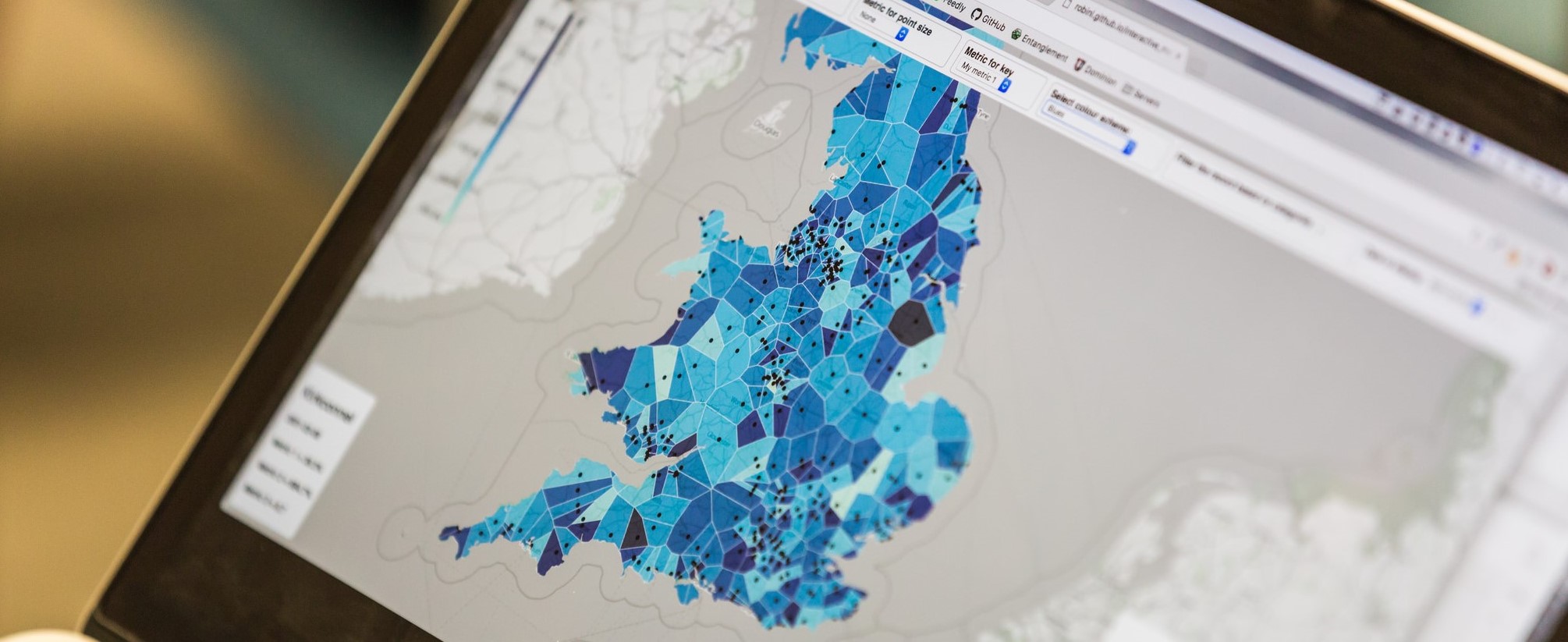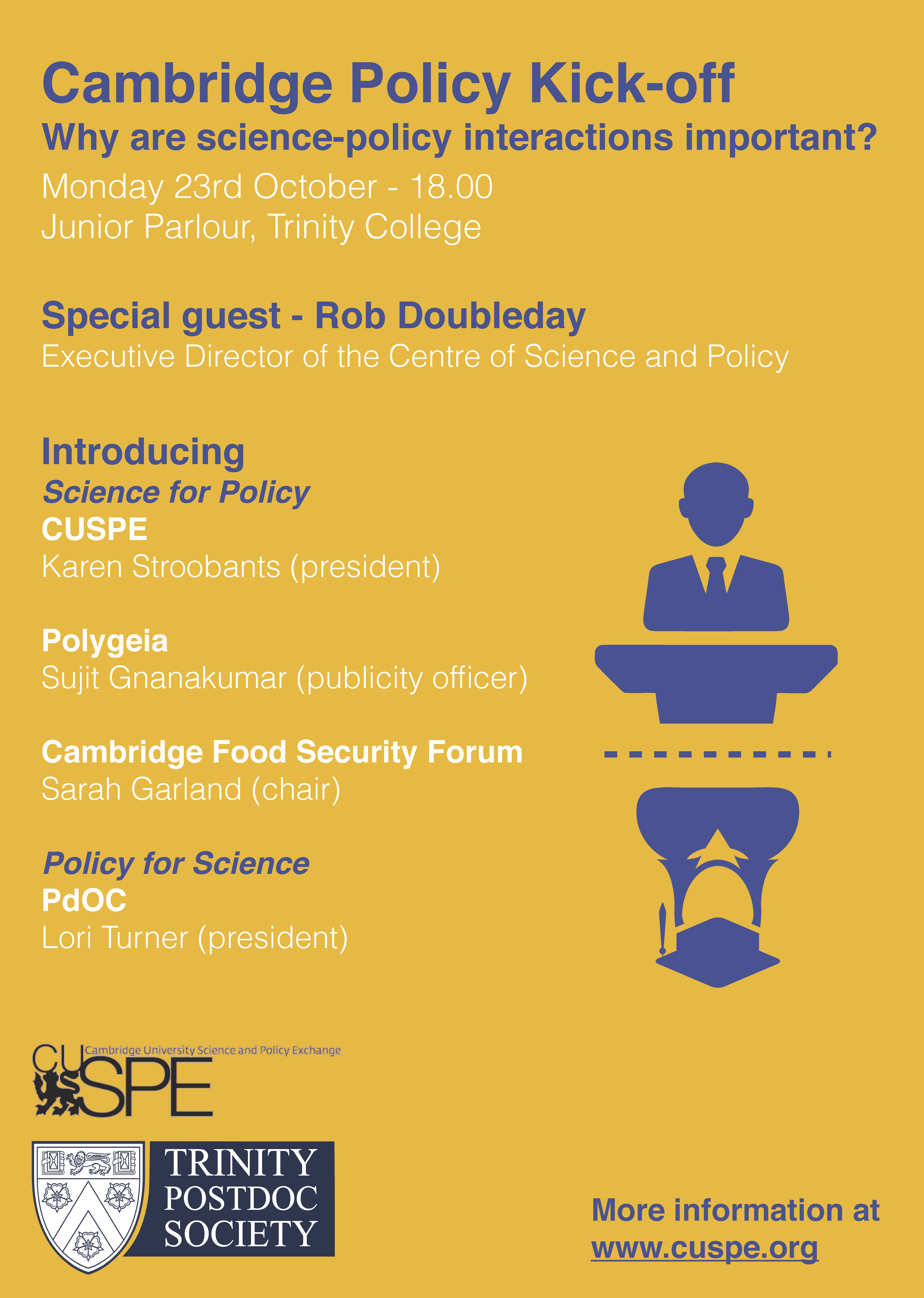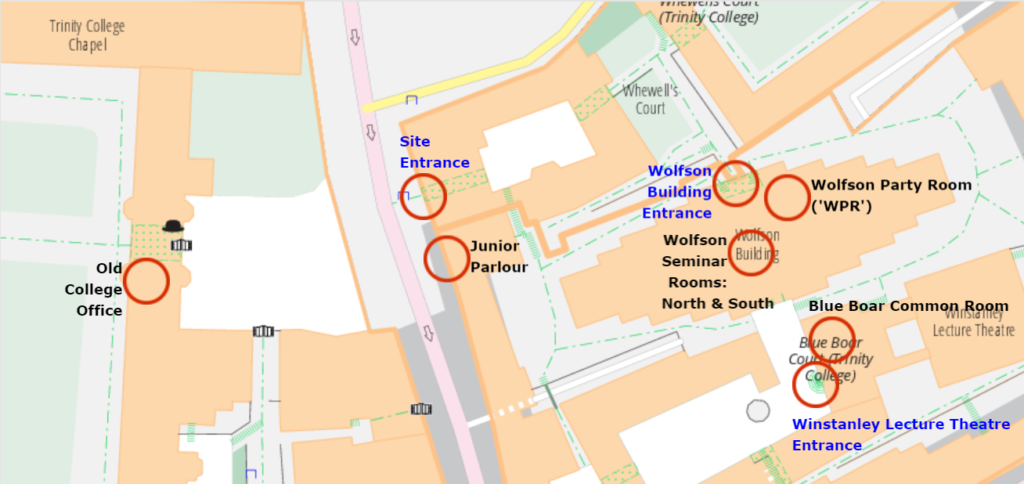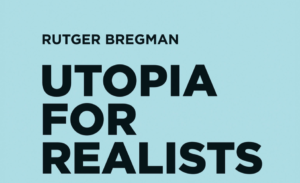November 2: Scientist to Politician – Making evidence-based policy decisions
November 2nd, 19:30-21:00 – Emmanuel College, Queens Lecture Theatre
Scientist, Councillor, Politician: Meet Julian Huppert
For anyone who’s been in Cambridge long enough, Julian was the lynchpin of the Liberal Democrat stronghold in Cambridge from 2010 to 2015. To others, he is a distinguished biologist and ex-fellow of Clare College.
Recognised as the ‘top backbencher’ in The Telegraph’s list of ‘Most Influential Lib Dems’, Julian was has been seen by some as a voice for rationality in the emotion-driven Commons.
Effective Altruism Cambridge, 80,000 Hours Cambridge, Cambridge University Liberal Association and Cambridge University Science and Policy Exchange are excited to co-host this event about scientific approaches to policy-making.
As always, the event is open to all, including those not affiliated with the university.
Facebook event here: https://www.facebook.com/events/1606624999395436/








